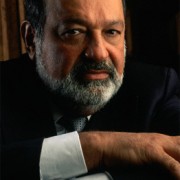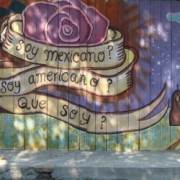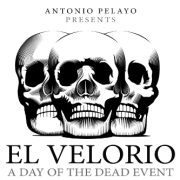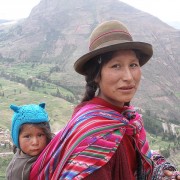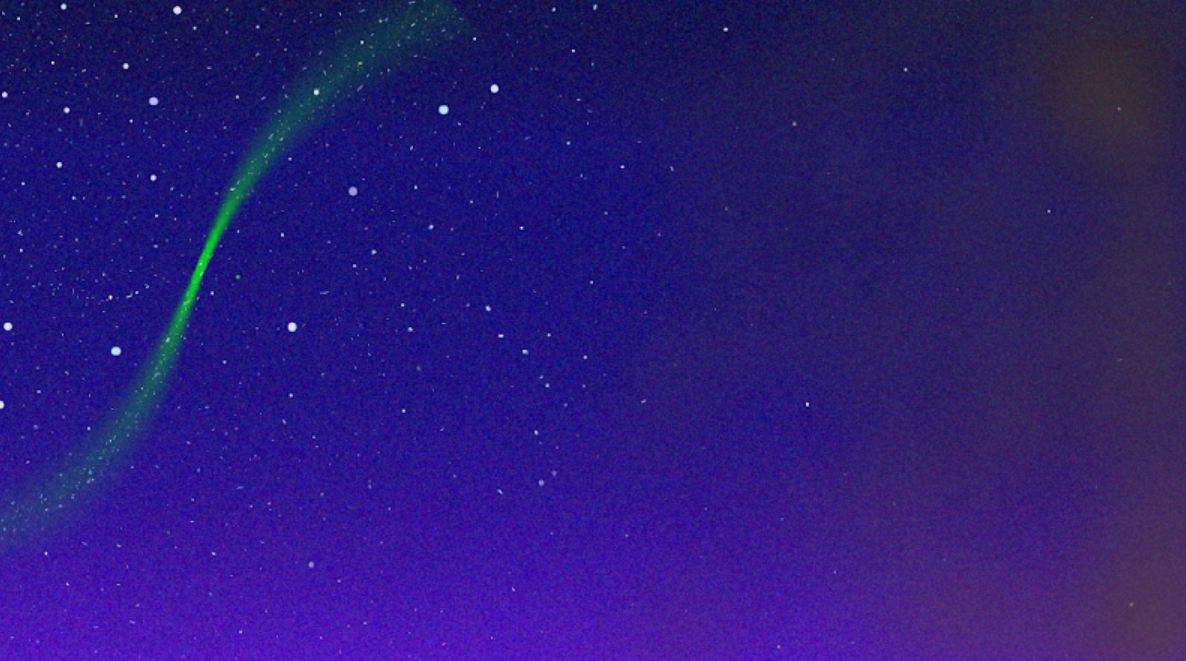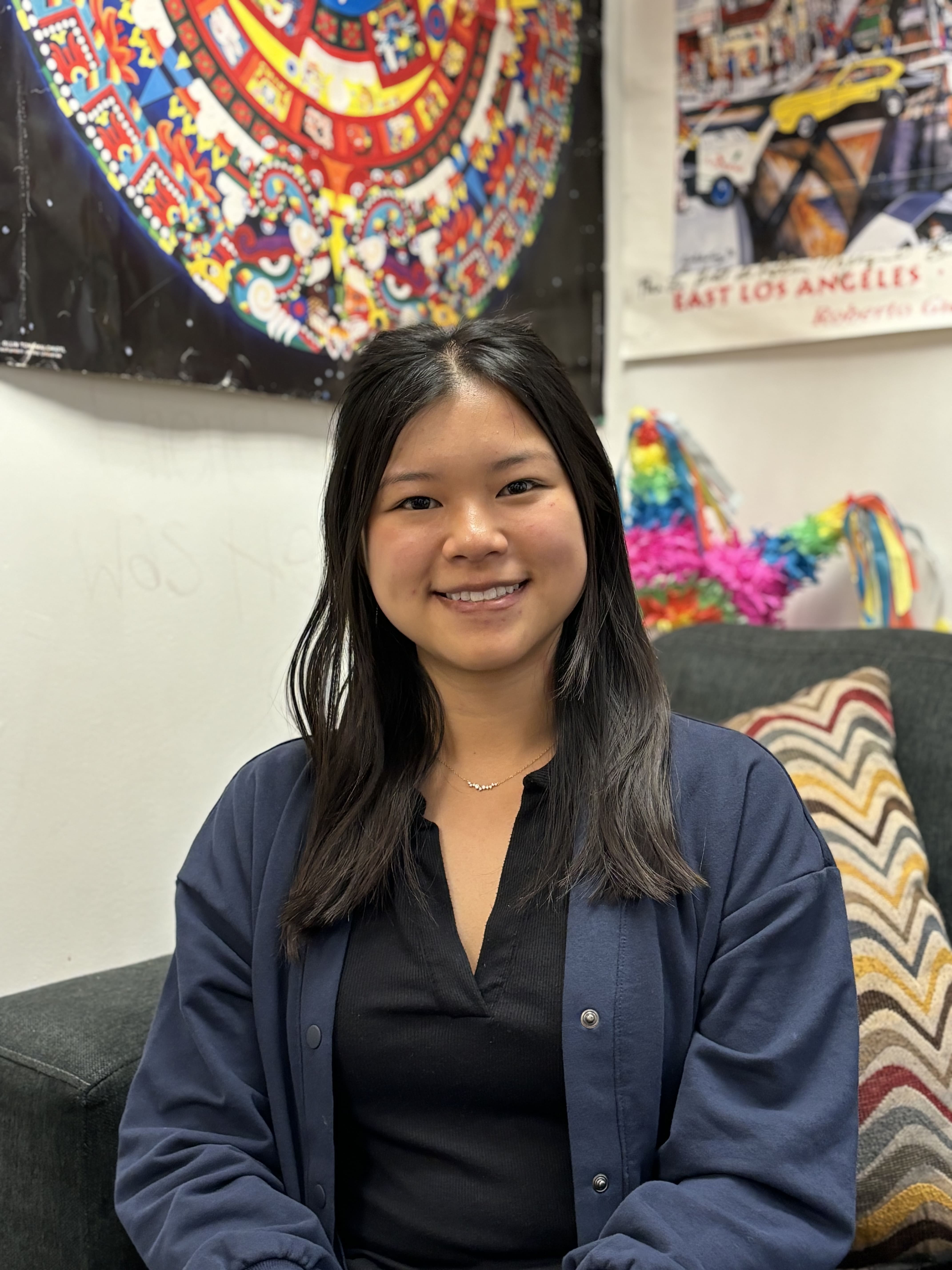A rose by any other name is not just as sweet, and I will tell you why Shakespeare is so wrong.
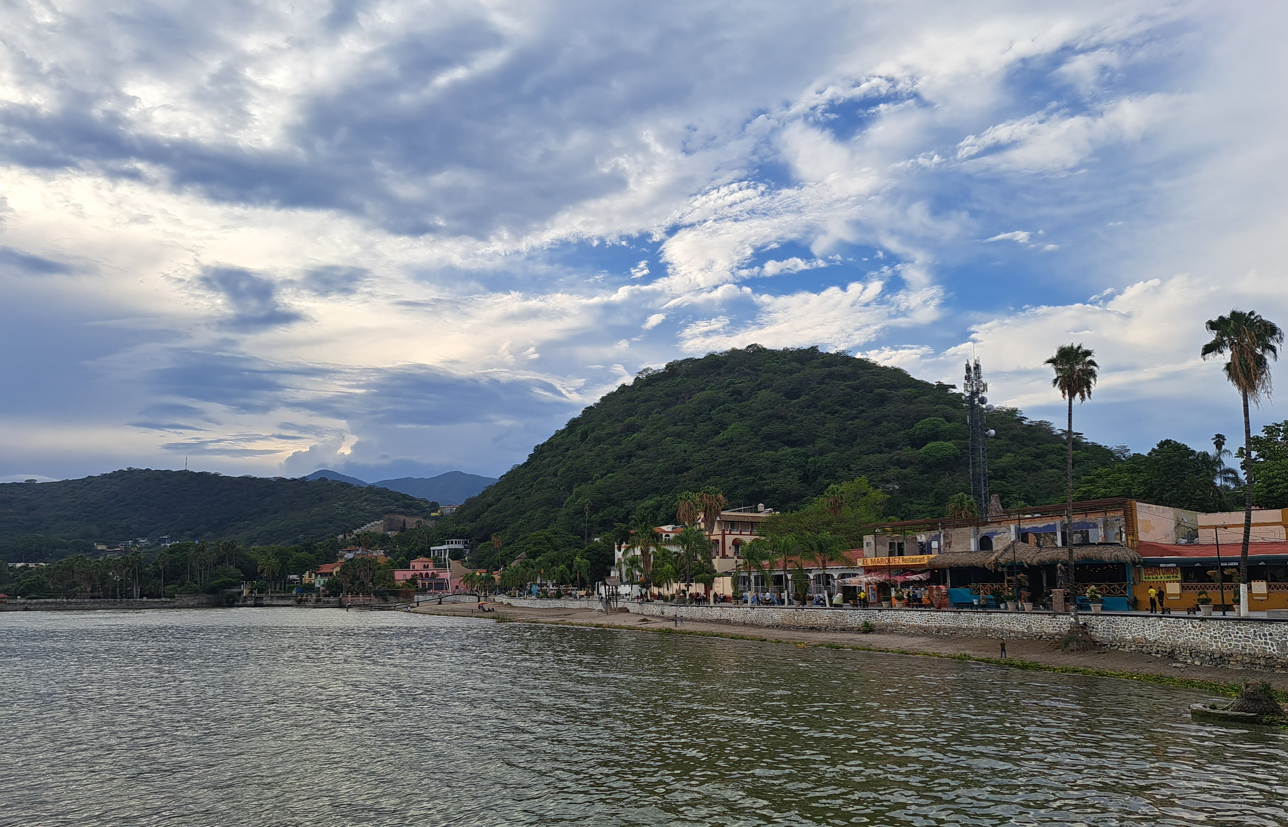
Photo provided by Tommy Correa. Pictured: the west side of the town of Chapala, which comes from “Chapalac,” in the state of Jalisco, from the words “xalli,” “ixtli” and “co.” To name is to respect, so I will name the town where my family is from, American immigrants like to retire alongside Mexico’s largest lake, the tamalera sells her tamales de puerco on the main avenida, an Oxxo stands every 20 feet, we say “popote,” etc.
“That which we call a rose, by any other word would smell as sweet” – William Shakespeare
I beg to differ. As an English major, I have read stories from plenty of writers from plenty of places. A big part of the English major here at UCLA is learning how culture and language shape one another. However, the texts we read often erase Indigenous peoples. In Álvar Núñez Cabeza de Vaca’s Narrative, he tells of his travels along the Gulf Coast and the many “Indians” he encounters. These “Indians” are a single entity. While we get to know Cabeza de Vaca’s individual name almost 500 years later, entire tribes are reduced down to one misnomer. About 140 years later and more than a thousand miles away, Mary Rowlandson developed her own narrative when she was captured by the Narragansetts of present-day Massachusetts. Much like Cabeza de Vaca, she, too, omits the name of the people whose land she was on. Hundreds of nations spanning from the Arctic Circle to the Southern Cone…all get reduced down to one name.
Names are never just names. The names we give to people, places, foods, and so on all tell us stories, and to know these names is a sign of respect.
My own name is a story. I have an English first name but Spanish middle and last names despite living on a continent far, far away from England and Spain. My first name comes from my father whose family stopped speaking Spanish after my grandma’s older sister was almost kept out of school in 1950s California for not speaking English. My middle name comes from my mother who wanted to hold on to our Hispanic heritage, because despite speaking Spanish, she would not pass the language down to me. I am caught in that awkward space in between cultures, like the awkward in-between “Toe-miss,” created by teachers who saw my English-Spanish combo name on the roster and weren’t sure if it was pronounced “taw-miss” or “toe-moss.” My last name, well, is a reminder that my Indigenous ancestors were colonized by my Spanish ancestors. They left no room for my Indigenous ancestors though. An Indigenous last name would tell you which nation my ancestors came from the same way my Spanish last name tells you my ancestors came from the Iberian Peninsula. I know I have Indigenous blood, but without an Indigenous name, it is hard to trace it back to a specific nation in Mexico.
Names tell us who came before us, so to erase a name is to erase a people and its history. Take New Orleans for example. You hear it and think “French” because of Orléans, France, but do not think of Bulbancha. Bulbancha is the original Choctaw name for what is now New Orleans, meaning “place of many tongues.” Bulbancha tells us this geographic site along the Mississippi River was a crossroads of Native cultures. While the site is very much a crossroads today, “New Orleans” makes sure to put the French before anyone else.
A gulf by another name is not meaningless. Trump’s burning desire to rename the Gulf of Mexico to the “Gulf of America” receives coals from the same coal mine that fuels his red-hot hatred for people of color. In an English classroom, students would even point out how the whole continent is named after a European man. They would delve into the complexity of the European Amerigo trying to defeat the Indigenous Mēxihco. To rename the Gulf of Mexico is to assert dominance over Mexico. To rename Denali “Mount McKinley” is to erase the Athabaskan peoples of Alaska. If Trump cannot come after our bodies the way the Europeans did during the California Gold Rush, in the residential schools of Canada, or on the henequen plantations of the Yucatan Peninsula under the Porfiriato, he will come after our names. Plenty of Indigenous names are determined by the features of the land. Denali means “The Greate One,” referring to the mountain’s height. It’s a large mountain! Names imposed by Europeans tell us which colonizers were present in the area. McKinley…not present in Alaska but president at the time when a European-American man published an article about Denali. If names did not hold such power, Trump would not come after them so vehemently. To rename is to assert dominance.
Now, let’s take it one step further. To call individual people by name is a sign of respect. The lack of naming is not unique to the English major. In Astronomy 3, we learned plenty about the Greek astronomers, such as Eratosthenes. When it came to Indigenous North American and Pacific Islander contributions, there were no names. It was always “Mayan astronomers had exceptionally detailed calendars” or “Pacific Islanders used the stars to navigate the ocean.” But never an individual’s name. People of color are only ever that: people of color. One nameless group. How do you put respect on someone’s name when they are stripped of one?
We all know William Shakespeare’s name. Christopher Marlowe. Bede. Jonathan Swift. Herman Melville. Emily Dickinson. Edgar Allan Poe. William Cullen Bryant. Aldhelm. Mark Twain. Thomas Kyd. Thomas Middleton. Ben Jonson. Geoffrey Chaucer. English majors will know these names at least. But how many of them know Nezahualcoyotl? Tomson Highway? Tommy Orange? Cherie Dimaline? Louise Erdrich? Natalie Diaz? Nick Medina? Mathilda Zeller? Rigoberta Menchú? Jake Skeets? Deborah Miranda? Leslie Marmon Silko? N. Scott Momaday? Úrsula and Cristina Calderón? All these names will be lost in catch-alls, like “Indigenous Literatures of North America” or “Poetry of the Americas,” while Chaucer gets a whole class dedicated to researching The Canterbury Tales. Where are the classes dedicated to just one Indigenous author? Or one Latine author?
The individual people’s names we don’t hear matter just as much as the ones we do hear. That is why it is a sign of respect to call someone by their name. To call places by their names. Nations by their names. Each name carries a story, and speaking that name keeps the story alive. Therefore, to erase a name is to a erase a people.
Thank you for bearing with me as I share my observations from my time as an English major here at UCLA.
Note from author: I am categorizing this as “opinion” simply because I have yet to do more research that will deem my argument as “scholarly” by the overlords of the study of the English language and literature in English. I place “scholarly” in quotes, because in English 10B we read a poem about a man’s erectile dysfunction. To be scholarly, in my opinion, is a matter of…opinion.

